Focus groups
DigiK focus groups have as their objective the interfaculty exchange of University members on topics relevant to digitalization in research, teaching, continuing education, service and administration.
Members of the University who are interested in the digitalization topics of the focus groups, should get in touch with the spokesperson for the relevant focus group. If you are interested in setting up a further DigiK focus group, please consult the regulations. You will find the link at the bottom.
Focus Group Digital Trust: People, Policies & Technologies

Faculty of Law & Faculty of Human Sciences & Faculty of Science & Faculty of Business, Economics and Social Sciences
Technologies in the context of digitalisation bring many opportunities, but may also pose dangers. Therefore, trust between people, organizations and other stakeholders takes on a whole new significance. We network our research activities in order to look at trust in the digital world from an interdisciplinary perspective.
Speakers: Prof. Dr. Christian Cachin & Prof. Dr. Mirjam Eggen & Prof. Dr. Florian Eichel & Prof. Dr. Malte Elson & Prof. Dr. Christian Matt
more information will follow...
Focus Group Extended Reality
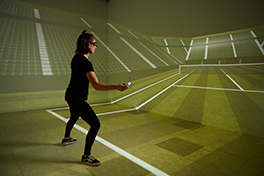
Phil.-Hum.
The focus group "Extended Reality" networks university-wide actors in the field of augmented realities. Since almost all faculties deal with associated technologies, networking this diverse expertise provides immense synergy potential for the development and use of "Virtual Reality" and "Augmented Reality" methods in research or university teaching.
Communicator: Dr. Ralf Kredel
Events on Critical Perspectives on Digitalization
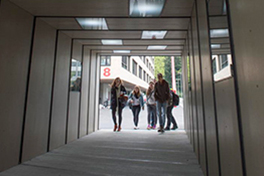
Vice-Rectorate Quality
Organization of Lectures, Workshops etc.
Communicator: Dr. Claudia Saalfrank
Focus Group Artificial Intelligence
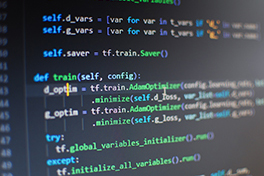
Vice-Rectorate Research
The Focus Group informs and consults on developments in AI and AI-based technologies in research and provides a network for researchers who with AI in their research or on AI as a sociotechnical phenomenon.
Communicator: Sarah Schlunegger
Focus Group Digital Teaching
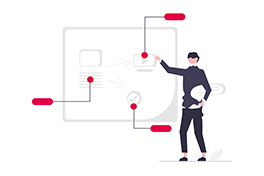
Vice-Rectorate Teaching
The focus group "Digitale Lehre" develops and supports projects for digital education, including the integration of digital teaching and learning methods and the promotion of student digital competencies. The aim is to sustainably enhance the quality of digital education at the University of Bern and to strengthen its position in the research context.
Communicator: Dr. Etna Rosa Krakenberger
Focus Group Forum Mittelbau
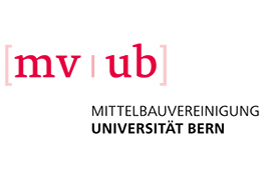
VAA
The Focus Group Forum Mittelbau publishes an annual call for innovative projects on behalf of the Digitsation Commission and supports digitisation-related issues as well as the networking of the academic Mittelbau.
Communicator: Dr. Peter Bieri-Evangelisti
